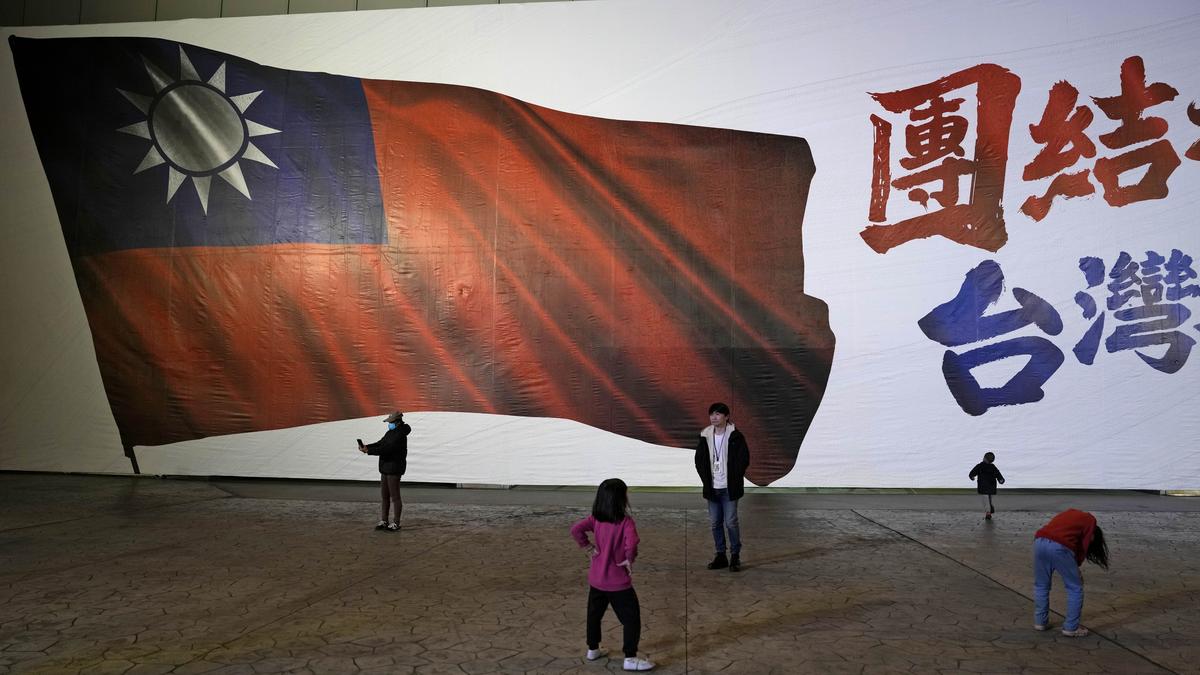China’s intervention in the Pacific Islands Forum’s joint declaration regarding Taiwan has raised tensions in the region, with Taiwan accusing China of undermining regional stability.
China’s Pressure on Pacific Leaders
Following a five-day meeting of Pacific Island Forum (PIF) leaders in Tonga, a joint declaration was released reaffirming a 30-year-old agreement allowing Taiwan to participate in the forum. However, China quickly objected to this inclusion, calling it a “surprising mistake” that “must be corrected.” China’s special envoy to the Pacific islands, Qian Bo, contacted the forum’s secretariat to express their dissatisfaction.
Under pressure from China, the PIF reissued the declaration without explanation, notably removing the paragraph addressing the forum’s “relations with Taiwan”.
China’s Expanding Influence in the Pacific
China has been aggressively trying to exclude Taiwan from international bodies, denying its autonomy. This latest incident highlights China’s increasing influence in the Pacific region. Beijing’s approach to Taiwan has been characterized by a relentless push for diplomatic isolation. In recent years, China has successfully persuaded several Pacific island nations to switch their diplomatic recognition from Taipei to Beijing.
Taiwan’s Response to China’s Actions
Taiwan issued a strong condemnation of China’s intervention, labeling it an “arbitrary intervention” that undermines regional peace and stability. Taiwan urged other “like-minded countries” to closely monitor China’s actions in the region.
Taiwan’s foreign ministry contacted its Pacific allies to discuss the situation and sought to retain the clause addressing its participation in the PIF.
The Ministry of Foreign Affairs expressed gratitude for the support of its allies and “like-minded countries” for its continued participation in the PIF. However, they acknowledged that the final decision of the member states to exclude the paragraph about Taiwan reflected their commitment to “diversity and inclusion” of the “Pacific Way”, which prioritizes reaching consensus amongst all member states.
The Pacific Way: Consensus and Compromise
The removal of the paragraph about Taiwan in the final communique exemplifies the principle of the “Pacific Way”, a regional diplomatic approach that values consensus-building and compromise.
However, this consensus-building process can be susceptible to outside influence and pressure, as seen in this case. While the PIF has adopted a policy of non-interference in internal affairs, the forum is increasingly navigating complex geopolitical challenges, including the growing influence of China in the region.
A Shift in the Regional Balance?
China’s diplomatic pressure and the PIF’s decision to exclude the reference to Taiwan highlights a possible shift in the regional power balance. This incident reveals the escalating tensions surrounding Taiwan’s international participation and the growing influence of China in the Pacific region.
China’s recent moves have triggered concerns among other Pacific island nations about their own autonomy and ability to navigate the geopolitical pressures arising from this new reality. This case has highlighted the delicate balance between regional unity and the need to resist external pressures.
Takeaways
- China continues to pressure nations to recognize Taiwan as part of China.
- China’s expanding influence in the Pacific raises concerns about the potential for external actors to influence regional diplomacy.
- The Pacific Way is a cornerstone of regional diplomacy and encourages consensus-building and respect for diverse perspectives, but it also presents challenges in navigating external pressure and achieving common ground.
- This incident underscores the increasingly complex geopolitical dynamics in the Pacific and has significant implications for Taiwan’s international standing.




